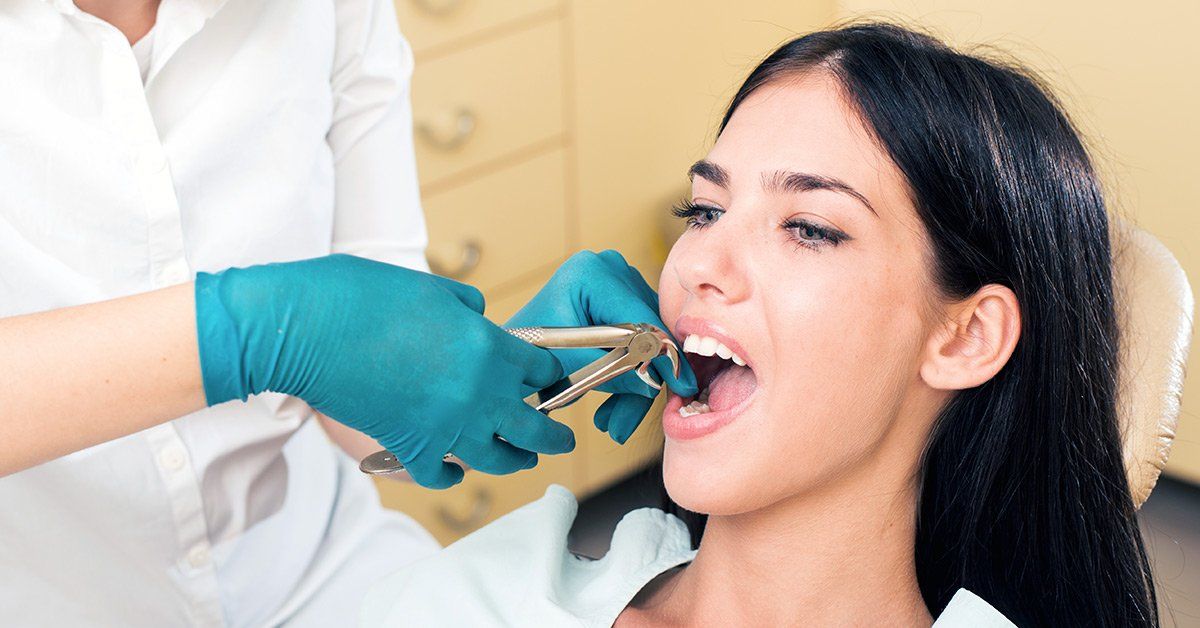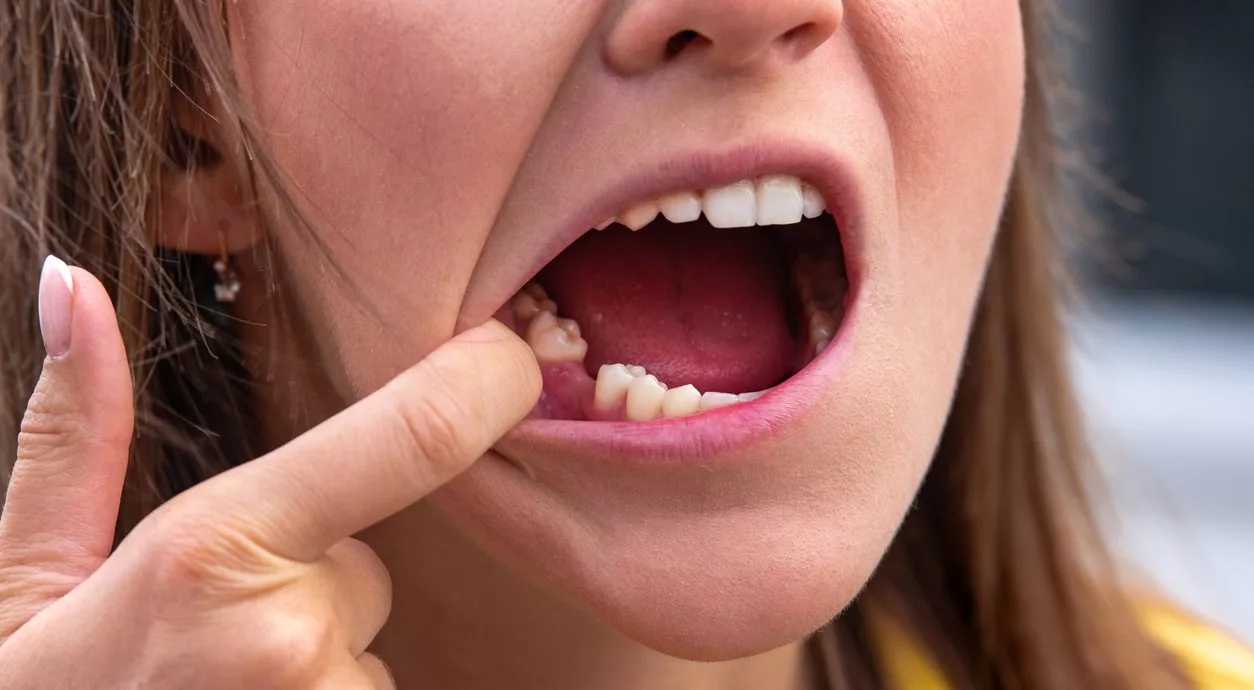Tooth extraction can be daunting for many people. Whether it’s the anticipation of pain or the fear of complications, many concerns come with this common procedure. People often want to know if it’s safe to drink alcohol after having a tooth pulled. They also wonder when it is safe to consume alcohol.
To answer simply, alcohol consumption can increase the risk of complications and negatively impact your tooth area from healing. Because of this, you shouldn’t drink alcohol for a minimum of twenty-four hours after the process.
By following the guidelines highlighted in this blog, you can promote optimal healing and reduce the risk of complications after tooth extraction.
Table of Contents
ToggleUnderstanding the Tooth Extraction Process
Before we dive into the effects of alcohol consumption after tooth extraction, we need to have a basic understanding of the tooth extraction process.
The process of tooth extraction begins with a thorough examination by a dentist or oral surgeon to assess the condition of the tooth and determine the appropriate course of action. There are several reasons for tooth extraction, including severe decay, infection, crowding, or trauma.
After sedation or local anesthesia, the dentist carefully loosens the tooth from its socket using specialized instruments, such as forceps or elevators. The tooth is moved back and forth carefully until it is freed from the muscles and bone around it.
The healing process after tooth extraction can take anywhere from a few days to a few weeks, based on how complicated the extraction was, the patient’s general health, and how well they follow post-operative care guidelines. During and after this healing period, the extraction site is vulnerable and requires careful attention and maintenance to ensure a successful recovery.
During the first few days of healing, it is very important to do what the dentist tells you to do. This will help you heal faster and reduce the chance of problems. Some of these directions might tell you how to take care of your teeth, how to deal with pain, and what you can and can’t eat.
Avoiding alcohol consumption is a key aspect of these guidelines, as alcohol can interfere with the healing process and compromise the blood clot that is formed at the beginning of the process.
Risks of Consuming Alcohol After Tooth Extraction

Consuming alcohol too soon after tooth extraction can have several negative effects. These risks include, but are not limited to:
Disruption of Blood Clot Formation
The bone and nerves below the empty hole are protected by the blood clot that forms after the tooth is pulled. This blood clot is important for healing and keeps a painful condition called dry socket from happening. Alcohol consumption can interfere with blood clot formation and increase the chances of a dry socket, where the bone and nerves become exposed.
Delayed Healing and Inflammation
Alcohol is known to be an irritant and can cause inflammation in the body. After having a tooth pulled, inflammation can slow down the healing process and make the pain even worse. By avoiding alcohol, you allow the body to focus its energy on healing the extraction site efficiently.
Impaired Immune Response
Alcohol can impair the immune system, making it less effective in fighting off potential infections. After tooth extraction, the site is vulnerable to bacterial colonization and infection. Alcohol can weaken the immune system, making it more likely for you to get sick or have other problems related to it.
When Can I Drink Alcohol Again After Having A Tooth Pulled?

Now that we understand the potential risks involved let’s get to the ‘when’ part. The exact time will rely on how complicated the extraction is and how well a person heals, but here are some general rules to follow:
Follow What Your Dentist Tells You To Do
Every tooth extraction procedure is unique, and your dentist will provide you with specific post-operative instructions. It is very important to follow these steps carefully because they are made for your particular situation. Your dentist may advise you to refrain from alcohol consumption for a longer period, depending on the complexity of the extraction or any underlying medical conditions.
Monitor Your Healing Progress
Pay close attention to your healing progress before you decide to consume alcohol. Before drinking alcohol, you should talk to your dentist if you have discomfort, soreness, or other signs that worry you. It is important to ensure that your extraction site has adequately healed before introducing alcohol, as it can still pose risks even after the initial 24-48 hours.
Moderation is Key
Once the initial healing phase is complete, it may be safe to consume alcohol in moderation. But it’s important to keep in mind that balance is the key. Excessive alcohol consumption can still hinder the healing process, compromise the immune system, and increase the risk of complications.
Gradual Resumption of Alcohol Consumption
You can gradually reintroduce alcohol consumption after receiving approval from your dentist and allowing enough time for recuperation. Begin with modest quantities and see how your body reacts. If you notice any discomfort or harmful consequences, you should stop drinking alcohol and visit your dentist.
After getting a tooth pulled, it’s important to take care of yourself the way your doctor tells you to. This includes maintaining oral hygiene, avoiding certain foods, and refraining from activities that may hinder the healing process. While the consumption of alcohol is not directly addressed in most post-extraction care instructions, being careful and cautious is best.
Alcohol consumption, especially in excessive amounts, can have adverse effects on the healing process after tooth extraction. Alcohol is a known blood thinner, meaning it can impede proper clot formation at the extraction site. A clot is essential for healing, as it protects the socket and promotes the growth of new tissue. Besides causing a dry socket, alcohol can interfere with the body’s natural immune response, weakening the ability to fight infection.
Conclusion
Consuming alcohol too soon after the procedure can interfere with the healing process, increase the risk of complications, and prolong recovery time.
Tooth extraction requires proper post-operative care for optimal healing. While alcohol consumption may be tempting, it’s important to prioritize your oral health and the recovery process. By understanding the potential risks associated with alcohol and tooth extraction, you can make informed decisions that promote a healthy and speedy recovery. Don’t forget to talk to your doctor to get help that’s right for you.

I am a passionate beer connoisseur with a deep appreciation for the art and science of brewing. With years of experience tasting and evaluating various beers, I love to share my opinions and insights with others and I am always eager to engage in lively discussions about my favorite beverage.
















